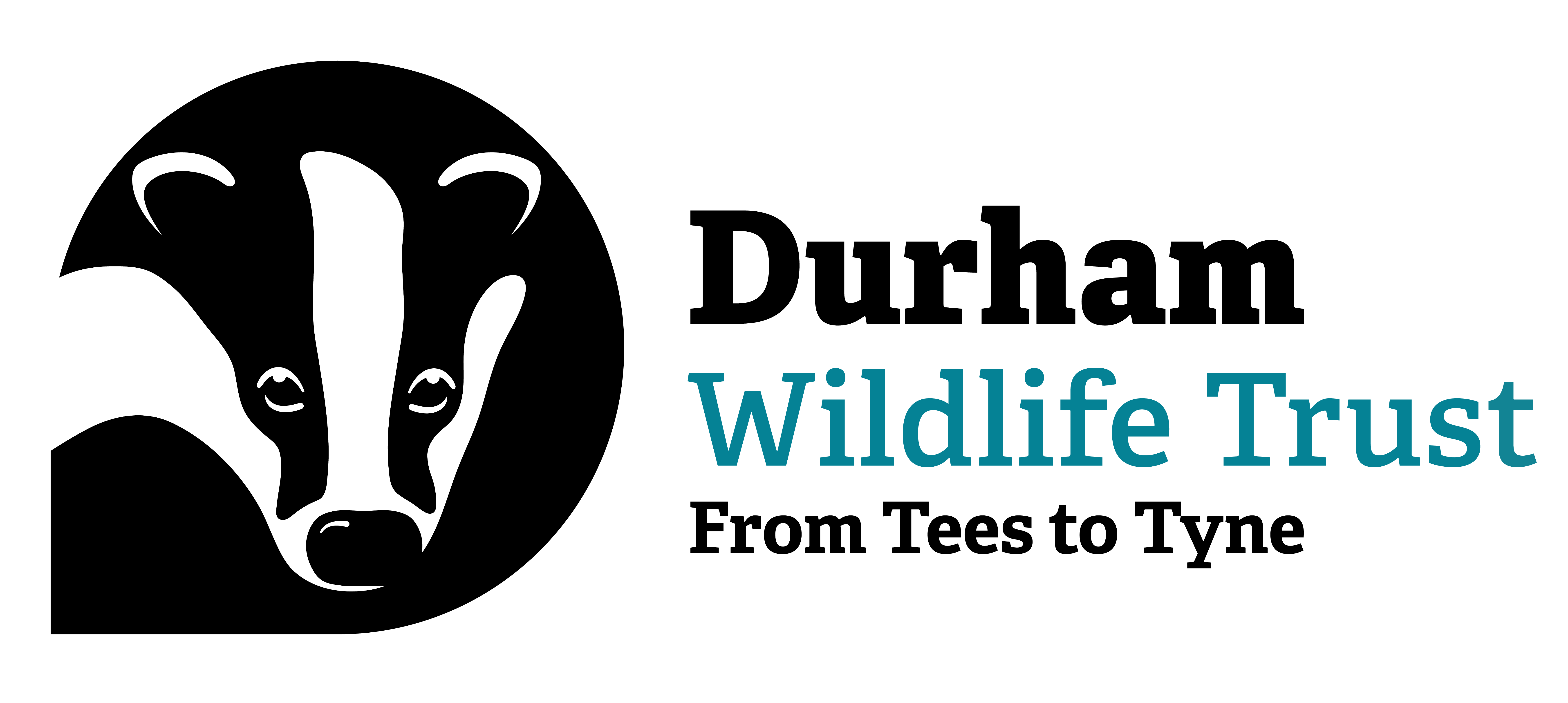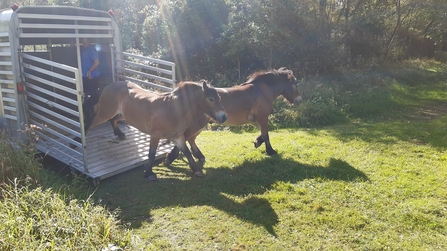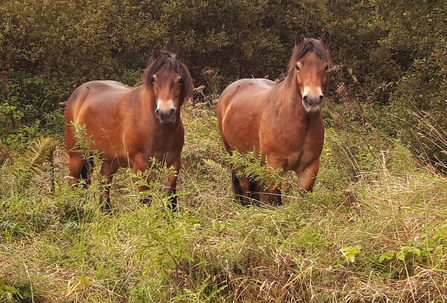If you are asked to envisage wildlife conservation activity, chances are you imagine something like tree planting. This is important to restore and recreate woodlands, but British nature is diverse and dependent on a variety of different habitats. Grazing animals are the unsung heroes in preserving some of our most precious and threatened wildlife. Britain has lost 97% of its species rich meadows and grasslands since the 1930s. This is due to land use change and lack of management. If grasslands are not cut or grazed, they become overgrown and shrubs and trees become prevalent. This means the species of fungi, flower and insect that are dependent on more open habitats are lost.
Annual grazing or cutting of grasslands, after flowers have gone to seed, helps remove the build-up of vegetation and prevents wildflowers and grasses from being out-competed by other plants. Comparatively, grazing has several notable benefits over annual mowing. Cutting a field produces a very uniform result in a very short period of time, typically within a few hours. Whereas grazing livestock gradually nibble away at plants and change the vegetation structure incrementally over a longer period, plus they do this in a far less uniform way. This is better for wildlife which has time to adjust and can easily move to neighbouring areas where conditions are more suitable.



